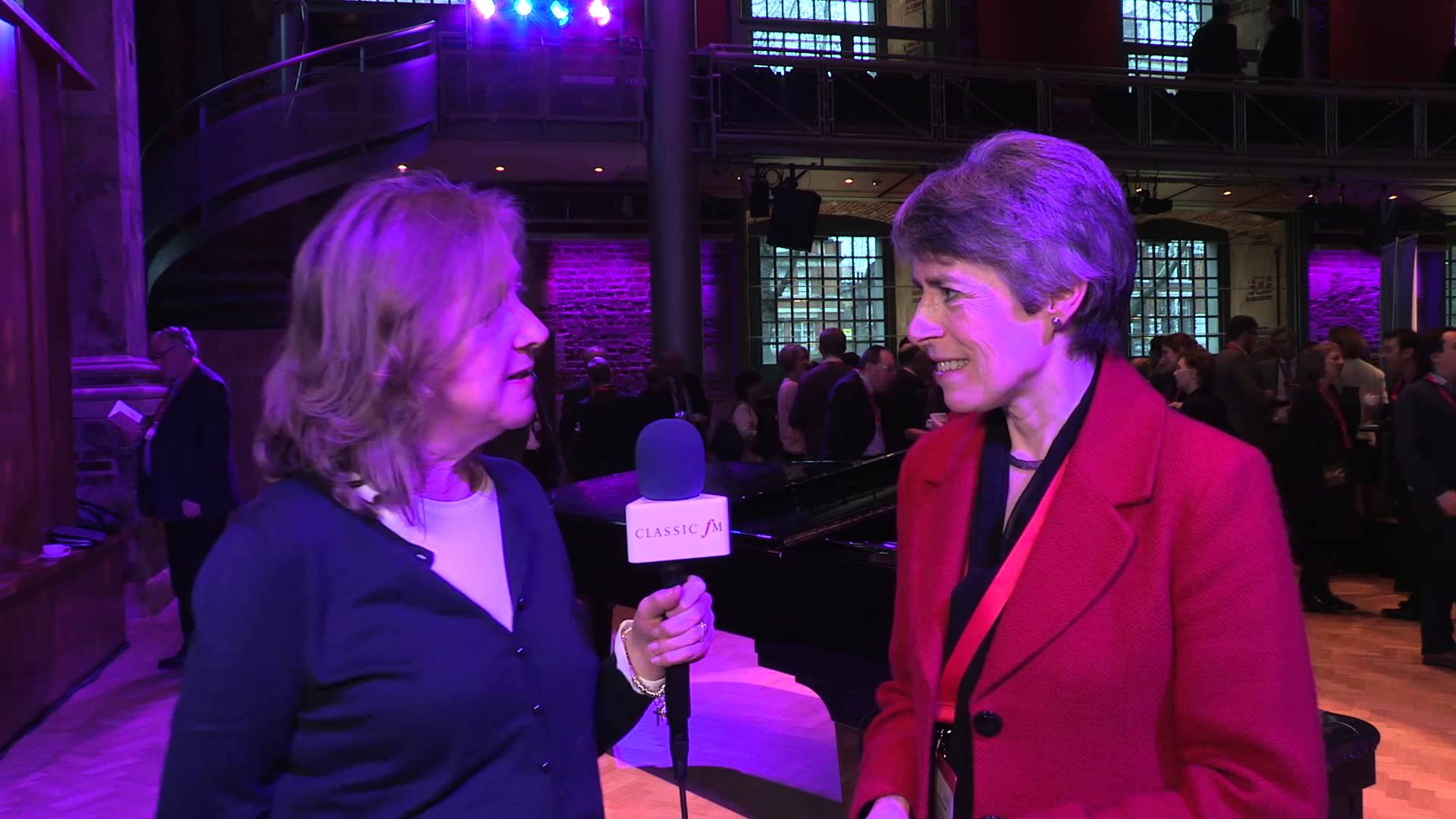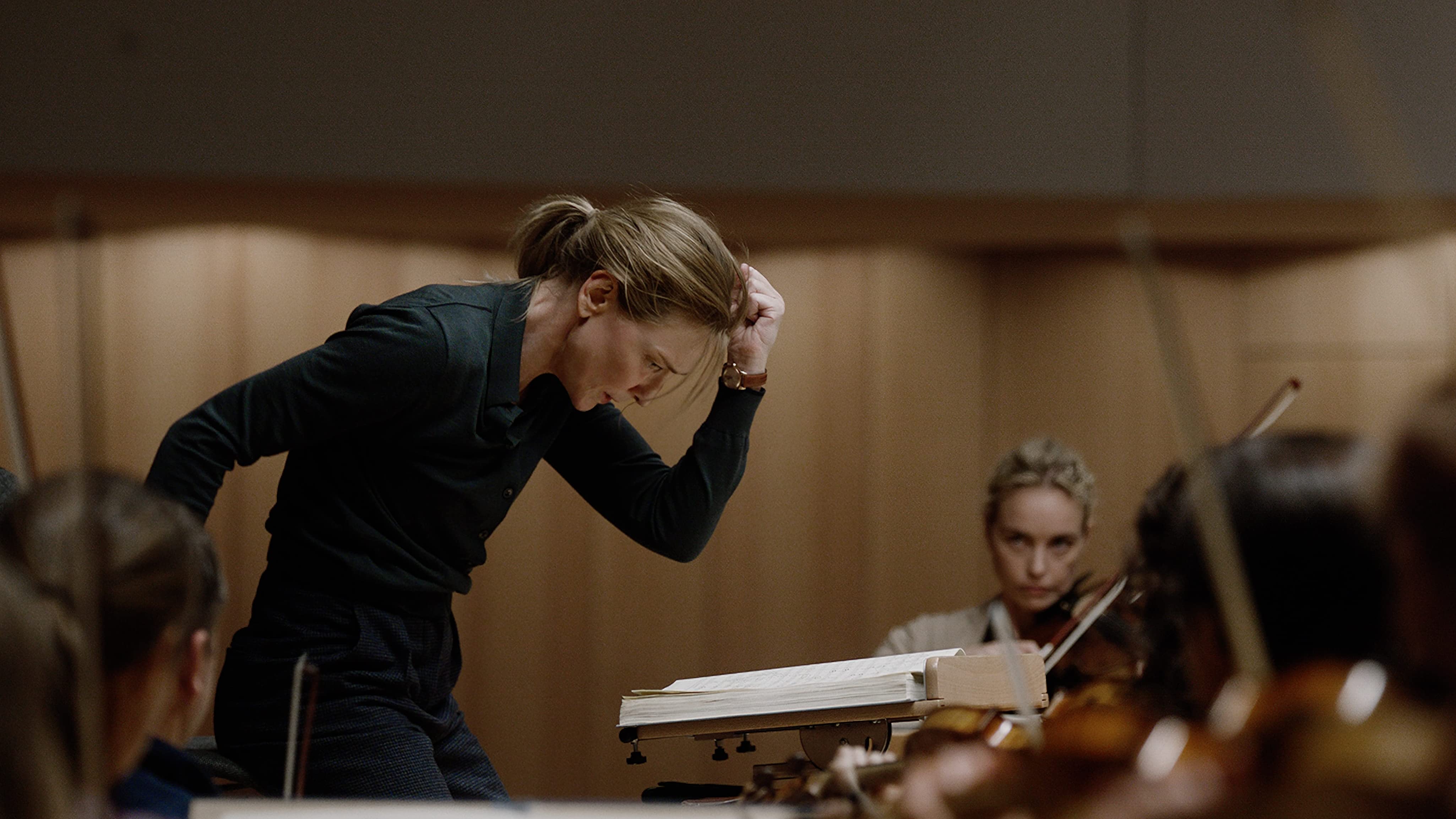LSO chief warns that orchestras are getting posher
NewsDame Kathryn McDowell, managing director of the London Symphony Orchestra, has told the Times that fewer music lessons in schools will lead to a demographic change in orchestras when only those who can afford private tuition will take up music as a profession.
She said: ‘Many of the players in the LSO come from relatively modest backgrounds and learnt to appreciate and play music in school or community groups or from peripatetic music services funded by local authorities.
‘But we’re in danger of losing that pipeline of talent, that diversity, if music education isn’t appreciated as a core element of the curriculum and properly funded – and of course children from disadvantaged families will miss out most because they lack the opportunities available to their better-off peers.
‘The professional music scene is becoming steadily more like acting, where opportunities to learn and progress are increasingly restricted to those from better-off backgrounds and private schools.’
More here.






Comments